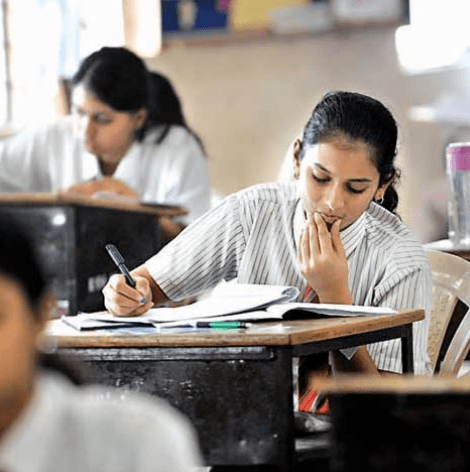Does open book exam systems make sense for schools?
As a part of that campaign, The Open Text-Based Assessment (OTBA) will be launched as a pilot project for the Class 9 and 11 annual examinations from March 2014; under new assessment English, Hindi, Mathematics, science and social science will be assessed with open books.
However there is a difference between traditional Open book exam happens at IIT's, Top B schools of world and CBSE suggested OTBA. Here students will be allowed to carry only pre-decided course material. Per CBSE this is to be done to de-motivate cheating.

Per me with small kids who doesn't have the career consciousness this is one of the most ridicule method CBSE is taking; what do you think about that?
